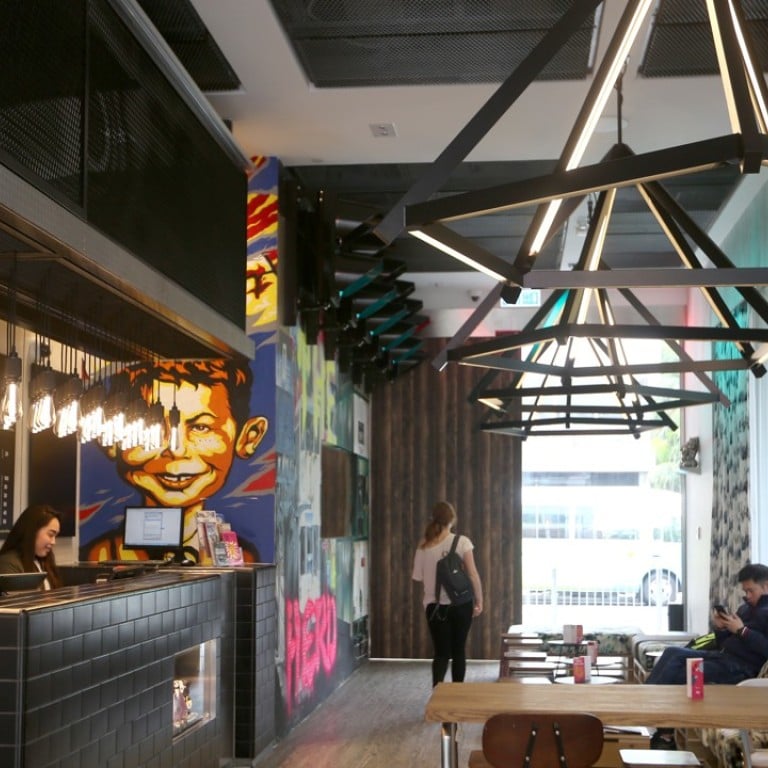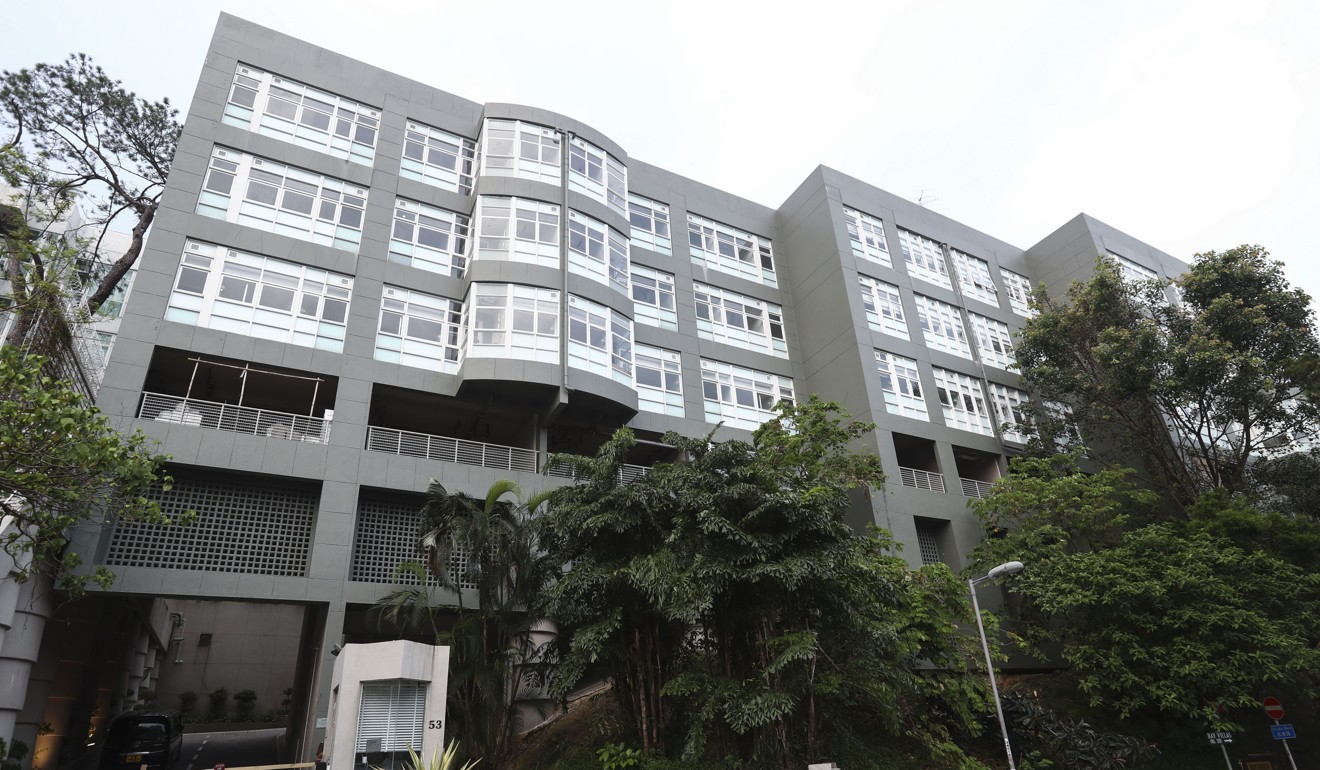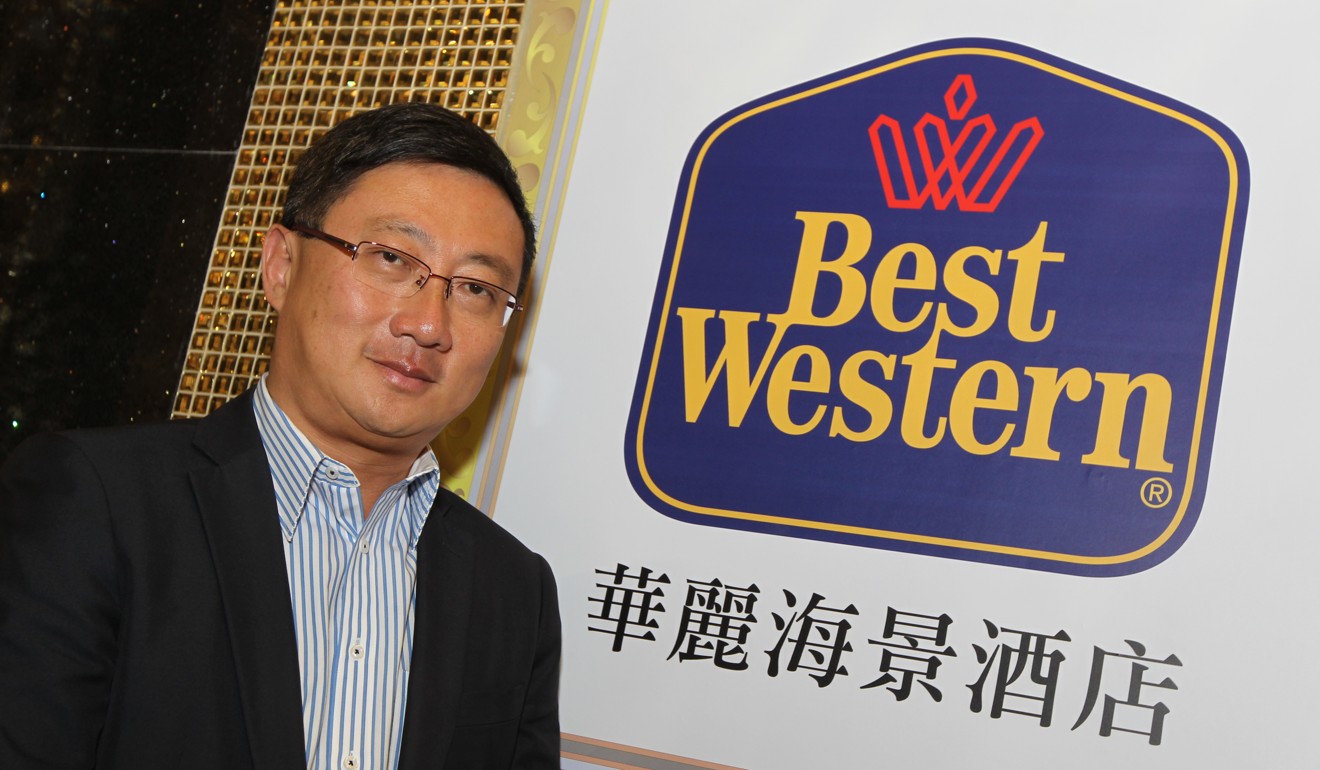
More hotels in Hong Kong convert to co-living spaces as they look to improve rental yield
According to JLL, hotel owners and investors can improve rental yields by up to 12.1 per cent if they convert an existing property into a co-living scheme
An increasing number of hotels in Hong Kong’s non-core tourist areas are toying with the idea of converting their properties to co-living spaces as they face challenges from the changing travel pattern of young professionals and a drop in mainland tourists, say industry experts.
“Hotels converting to co-living use can become a trend,” said Alvin Leung, associate director of valuation advisory services at JLL.
Mojo Nomad Aberdeen Harbour in Wong Chuk Hang is one such hotel to have converted to co-living in December, which now consists of 65 rooms and 250 beds.
Brushing aside the suggestion that some hotels were converting their properties because of a decline in mainland group tours, Girish Jhunjhnuwala, founder and CEO of Mojo Nomad and Ovolo Hotels Group, said the move was purely to tap the rising demand of “the new generation of travellers who live and work in different places”.
“We’re converting a second hotel in Central to co-living use, which will launch later this year,” he said. “The conversion has nothing to do with the locations of the hotels.”

The advantage of Mojo Nomad, the co-living sister of Ovolo Hotels, is its hotel licence, which enables short-term stays and more flexibility than other co-living operators in the city that had converted from residential buildings, said Jhunjhnuwala.
“When you have a hotel licence, people can just come here to stay for only a few days. But tenants at other co-living spaces with bed space flat licence need to stay for a minimum of one month,” he said.
Rates range from HK$250 (US$32) a night for a room shared by eight people to HK$3,500 a night for a premium private room that can accommodate a group of 14.
According to JLL, hotel owners and investors can improve rental yields by up to 12.1 per cent if they convert an existing property into a co-living scheme
Excluding discounts for extended stay, the starting rate is about half the HK$555 a night at the nearby four-star L’hotel Island South, according to Hotels.com as of Monday.
The conversion of the 26,000 square foot property, which sits on a site that is worth HK$400 million, cost HK$60 million. And Jhunjhnuwala was confident of breaking even in one year.
“Occupancy improved to 70 per cent even though the number of beds increased,” he said.
The occupancy rate is on par with the industry average.
Eton Properties’ Mini Ocean Park Station in Shouson Hill Road, has an occupancy rate of 70 per cent, while that of Synergy’s Bibliotheque in Yau Ma Tei in Kowloon stands at 60 per cent.
Jhunjhnuwala said he was also going to open a co-living space in Melbourne, while others in Sydney, Shanghai and Singapore were also being planned.
Excluding Mojo Nomad, there are currently five hotel operators offering co-living services in Hong Kong, with three more set to open in the coming two years.

According to JLL, hotel owners and investors can improve rental yields by up to 12.1 per cent if they convert an existing property into a co-living scheme.
Other examples of hotels that are being converted to co-living use include Hotel 36 in Prince Edward. C2 Hotel in Sham Shui Po was converted to M3 International Youth Apartment in 2016.
Another reason for the conversion has been a sharp decline in mainland group tours after shopping tours were banned in 2015.
William Cheng Kai-man, chairman and CEO of Magnificent Hotel Investments, which manages nine hotels, including Best Western in Hong Kong, said hotels in non-core areas were 70 per cent dependent on mainland group tours.

“Our hotels in Tsim Sha Tsui, the Western districts, Causeway Bay and North Point have achieved revenue growth of 35 per cent in February because of the Lunar New Year holiday, with most guests being individual travellers from the mainland,” Cheng said.
“In contrast, hotels in non-core areas, which rely heavily on group tours, experienced last minute cancellations,” he said. “Price competition in these areas is unhealthy.”
Despite the recovery in tourist arrivals, the number of tourists visiting Hong Kong last year was still 3.9 per cent below 2014’s 60.84 million, according to Hong Kong Tourism Board.
Hardest hit have been hotels that are not in tourist districts such as Tsing Yi.
Cutthroat competition has led to room rates of hotels in Tsing Yi, such as three-star 800-room Winland 800 Hotel, formerly Mexan Harbour Hotel, being slashed to as low as HK$207 per night on Tuesday, according to Trip.com, while the 882-room Rambler Oasis Hotel owned by Li Ka-shing’s CK Assets, located near Winland 800, was charging HK$309 per night.

